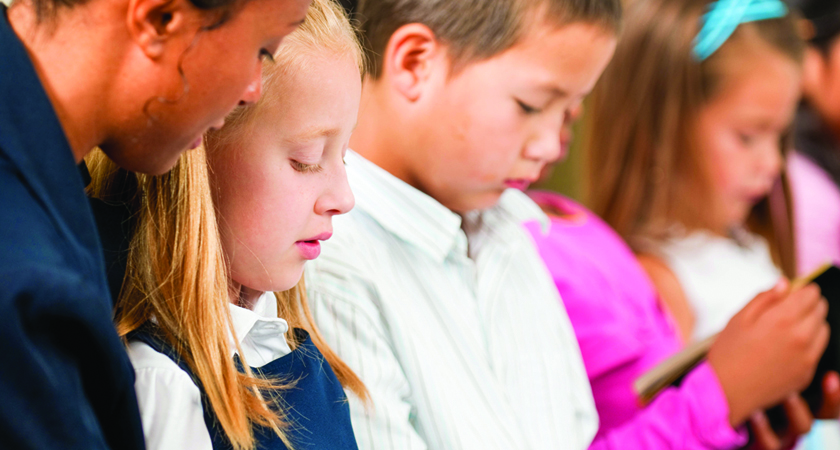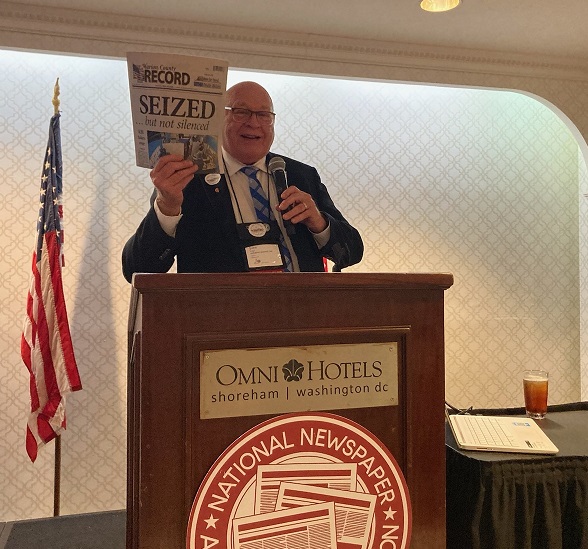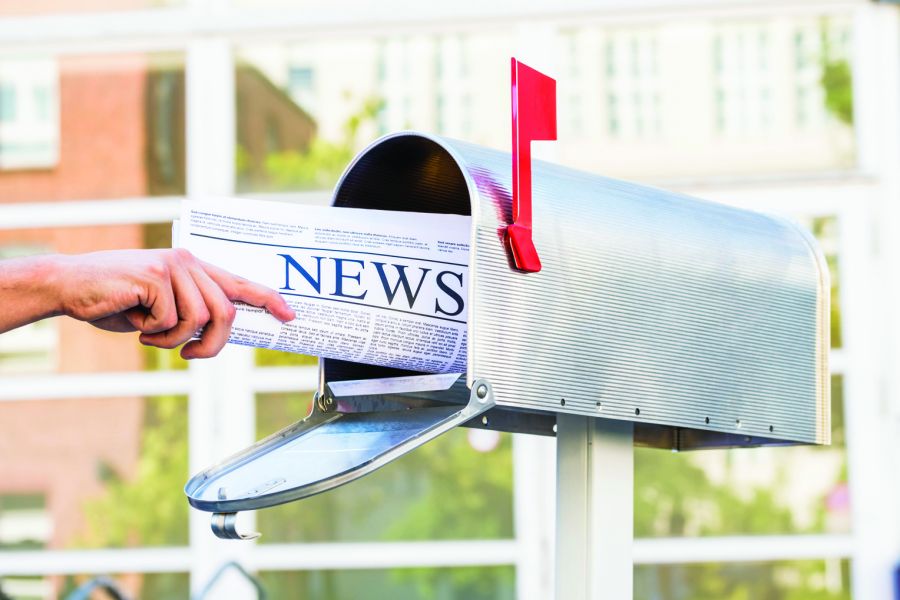In its first live-broadcast oral arguments, Supreme Court discusses several First Amendment issues
First Five by the Freedom Forum Institute
May 21, 2020
By Lata Nott
Download Word doc here
The biggest decision the Supreme Court makes this year may turn out to be its pivot to allow real-time audio broadcasts of its arguments for the first time in its history. Typically, the audio recordings of the court's oral arguments are only released on a delayed basis, so the arguments are only "live" for the limited number of people who can attend in person.
But since the COVID-19 pandemic has forced the court to shift to a remote teleconferencing format, the live broadcast opens up the court's inner workings to a considerably larger audience. While it might seem like a small change, it's a huge step towards greater transparency and openness, values enshrined by the First Amendment.
It's fitting that several of these recent oral arguments have revolved around First Amendment issues. The First Amendment cases this term have attracted somewhat less attention than those in previous years, perhaps because they involve things like robocalls and the electoral college, but they may still have far-reaching implications.
On May 6, the court heard oral arguments in Barr v. American Association of Political Consultants, Inc., a case that challenges a federal law that bans automated "robocalls" to cell phones. The law in question is the 1991 Telephone Consumer Protection Act, which was amended in 2015 to include an exception for robocalls “made solely to collect a debt owed to or guaranteed by the United States.”
The political consultants who brought the case argue that the law violates the First Amendment by discriminating against speech based on its content, since it permits calls about government-backed student loans and mortgages but not political fundraising calls.
During the oral arguments, most of the justices seemed convinced that the law was content-based and therefore unconstitutional. Their real focus was on whether the remedy here is to strike down the 2015 exception for debt collection calls and leave the rest of the robocall ban intact or get rid of the ban altogether and declare open season on our cell phones. As Garrett Epps wrote in The Atlantic, if the justices decide on the latter, it'll be "a good way for the court to become the least popular institution in America."
On May 11, the court heard arguments on two cases involving religious freedom: Our Lady of Guadalupe School v. Morrissey-Berru and St. James School v. Biel. Both cases involve fifth-grade teachers who lost their jobs at the Catholic schools where they worked and subsequently sued for wrongful termination — Morrisey-Berru alleged that she was fired because of her age, Biel because she contracted breast cancer.
While employment laws usually prohibit these kinds of discrimination, there's an exception rooted in the First Amendment's freedom of religion that bars the government from “interfering with the decision of a religious group to fire one of its ministers." The rationale behind this is that while most employers shouldn't be able to require their employees to adhere to a certain faith, a synagogue ought to be able to opt for a Jewish rabbi.
But as my Freedom Forum Fellow colleague Asma Uddin wrote in Newsweek, "This constitutional right — known as the 'ministerial exception' — is reserved for roles that qualify as 'ministers.' And that raises the question: Who qualifies as a minister?" At argument, the lawyer for the Catholic schools argued that the teachers counted because they were "primary agents" for teaching the Catholic faith to students "for hours on end over the course of a week."
While some justices expressed concern that accepting a religious organization's broad definition of a minister could create a much larger loophole in employment law than the ministerial exception intended, others worried that having the court to determine which employees serve a significant religious function would excessively entangle them in the affairs of religious institutions.
The very next day, the court heard arguments on another pair of First Amendment cases, these involving "faithless electors." In case you've blocked out memories of high school civics (or never had the chance to take that class at all), U.S. presidents are not actually elected by the American people. Instead, they're elected by 538 electors who are selected by political parties in each state.
The electors are expected to cast their ballots for the candidate who won their state; almost all states have laws that require this. What made the electors in Chiafalo v. Washington and Colorado Department of State v. Baca faithless is that they voted in accordance with their own consciences — they argued that the state laws that penalize them for this action violate their First Amendment rights. Meanwhile, the states countered that ruling in favor of the electors would lead to "bizarre and dangerous consequences,” pointing out that if all electors simply voted according to their personal preferences, it would be the end of representative democracy.
The court's decision will be out some time this summer — it took the case in part to resolve this issue before this fall's presidential election — and will answer whether or not electors can be controlled by their states. It will not answer why anyone thought the electoral college was a good idea.
While none of these cases may be at the top of the headlines, each has the potential to create significant changes. A decision to allow electors to vote for any candidate they like could fundamentally transform how our democracy works. Depending on how the court decides Guadalupe, religious organizations might be exempted from all discrimination laws, or government officials might be empowered to define who holds a significant religious role and who doesn’t in a wide variety of faiths. And if the court strikes down the prohibition on robocalls, it could call into question the constitutionality of other laws that regulate commercial advertising (not to mention render your cell phone completely useless). How the justices decide these issues is just as important as figuring out which justice flushed a toilet during oral arguments.










